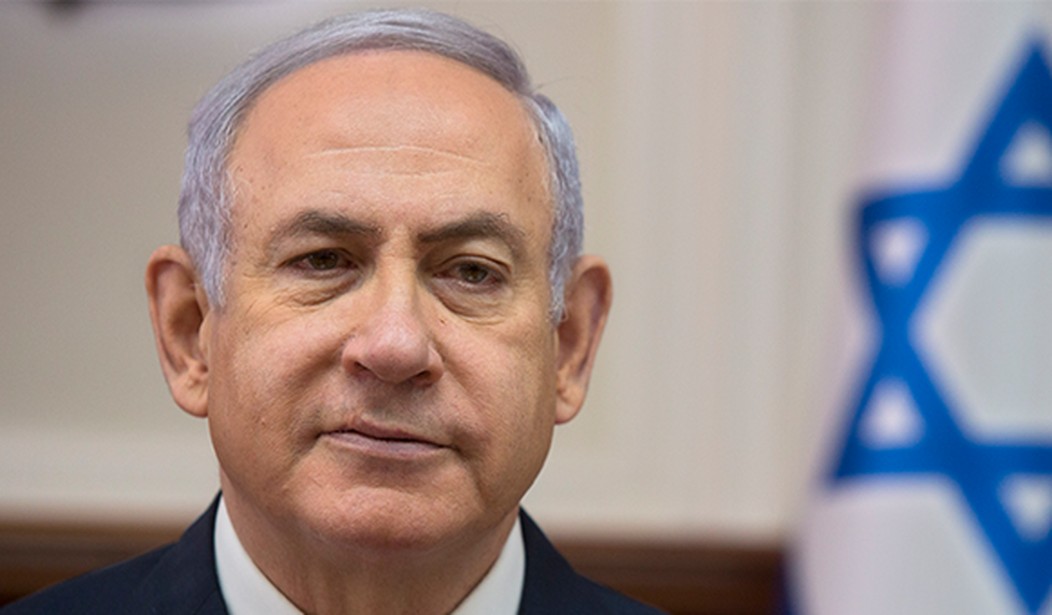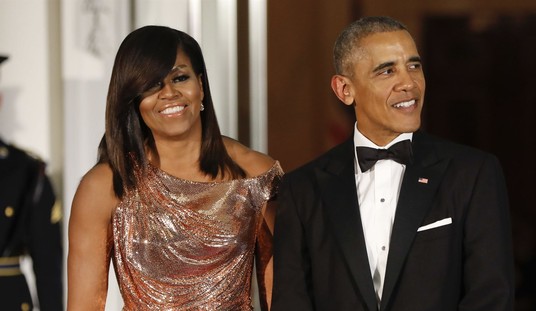Lately they’ve been calling Benjamin Netanyahu “Houdini.” In three elections since April 2019, he hasn’t won. Yet he’s come out on top—again—as prime minister, and his new government will be sworn in early next week.
In all three of those elections, Netanyahu’s right-wing bloc actually soundly defeated the left-wing bloc. Yet, for different reasons, his bloc couldn’t reach a 61-seat majority in the Knesset—first because of a renegade right-wing party that broke away from the bloc, then because of an Israeli Arab party whose electoral gains didn’t leave enough seats for a right-wing parliamentary majority.
This time, though, amid the COVID-19 crisis, with Netanyahu’s popularity soaring because of his successful handling of the crisis, opposition leader Benny Gantz finally agreed to join Netanyahu in a national unity government. In so doing he broke up his own 33-seat party, decimating what’s left of the Israeli left, and took his now only 17-seat Blue and White faction with him.
Under the deal they worked out, Netanyahu is supposed to be PM for a year and a half, followed by Gantz as PM for a year and a half. Because that political deal has no legal standing, many believe that, before his year and a half runs out, “Houdini” Netanyahu will find a way out of it and keep serving as PM. Time will tell.
Meanwhile, the 71-year-old Netanyahu, who was PM from 1996 to 1999, then foreign minister, then finance minister, and has now been PM consecutively since 2009, faces challenges that would overwhelm lesser mortals. The immediate one is—still—to form a government out of competing, clamorous individuals and factions while striving not to bruise egos or leave anyone out in the cold.
And once that incredibly difficult feat has been achieved, the real work begins.
This week U.S. Secretary of State Mike Pompeo was in Israel for a lightning visit—that is, something that necessitated flying out here and back and couldn’t be handled on the phone. While here, Pompeo met with Netanyahu, Gantz, and Gabi Ashkenazi, No. 2 in Gantz’s faction and, like Gantz, a former chief of staff.
Naturally, speculation about what they talked about was rife. Many thought it was mainly the issue of Israel applying sovereignty to the Jordan Valley and the Israeli West Bank communities in line with President Trump’s peace plan.
It’s a contentious issue. Netanyahu has come out strongly in favor of applying sovereignty; Gantz and Ashkenazi are cool to it. Opponents say it will needlessly jeopardize Israel’s relations with Jordan, Egypt, other Arab states, the Palestinian Authority, Europe, Diaspora Jews, and the Democrats. Proponents say those tiffs will blow over and Israel will solidify its hold on vital territory.
Meanwhile it’s not clear where the Trump administration now stands on the matter—including when, or perhaps if, it wants Israel to go through with the move.
Yet, in a State Department briefing, an official said: “I do think that we should dispel the notion that we flew halfway around the world to talk about annexation…that was not the main purpose of the trip.”
The two officials present at the briefing went on to say that Israel’s relations with China, and U.S.-Israeli cooperation in fighting COVID-19, were definitely on the agenda. But the discussion appears—not surprisingly—to have dealt mostly with Iran.
If you follow Iran’s activity across the border from Israel in Syria, you have to deal with contradictory reports. Last week “senior Israeli defense officials” told Israeli media that, reeling from persistent Israeli airstrikes on its military facilities in Syria, Iran was finally starting to pack up and leave the place. Some analysts confirmed it; others derisively denied it.
This week the tidings have been less encouraging. Fox News reported that Iran was now building a tunnel at a base in eastern Syria for storing “advanced weapons systems.” The Syrian Observer reported that “for the second time in two weeks,” a plane flying from Iran to Syria had landed at a Russian base in Syria to prevent an Israeli airstrike on its cargo.
That comes against the backdrop of a recent Iranian cyberattack on Israel’s water infrastructure that—while successfully thwarted—left Israel’s top leadership “aghast,” according to The Times of Israel.
As one of the officials at the State Department briefing put it, the Iran threat is “actually severe and getting worse on some fronts, and the Iranians continue to make progress on the nuclear front.”
Netanyahu, for his part, will have to deal with: the Iranian threat in its various dimensions, including entrenchment in Syria, cyber, nuclear, and others; the thorny issue of applying sovereignty; COVID-19 and its substantial damage to the Israeli economy; keeping a fractious hodgepodge of a coalition in line; and the looming concern that, in the U.S., the Democrats will win in October and U.S. policy toward both Israel and Iran will deteriorate.
Oh, and not to forget his trial on corruption charges, set to begin on May 24.
Like a majority of Israelis, I’m happy that—whether or not he’s been caught up in any real corruption, which a court will decide and which there are strong reasons to doubt—Netanyahu, with his immense experience, talent, energy, and commitment to Israel, will stay for now at the helm. He’s the person best suited to be there, with no real competitors, and the issues couldn’t be more serious.
P. David Hornik, a longtime American immigrant in Israel, is a freelance writer, translator, and copyeditor living in Beersheva. In addition to PJ Media his work has appeared in FrontPage Magazine, National Review, New English Review, American Spectator, American Thinker, The Times of Israel, the Jerusalem Post, and elsewhere. Among his books are Choosing Life in Israel and the novel Beside the Still Waters, which was published by Adelaide Books in 2019.









Join the conversation as a VIP Member